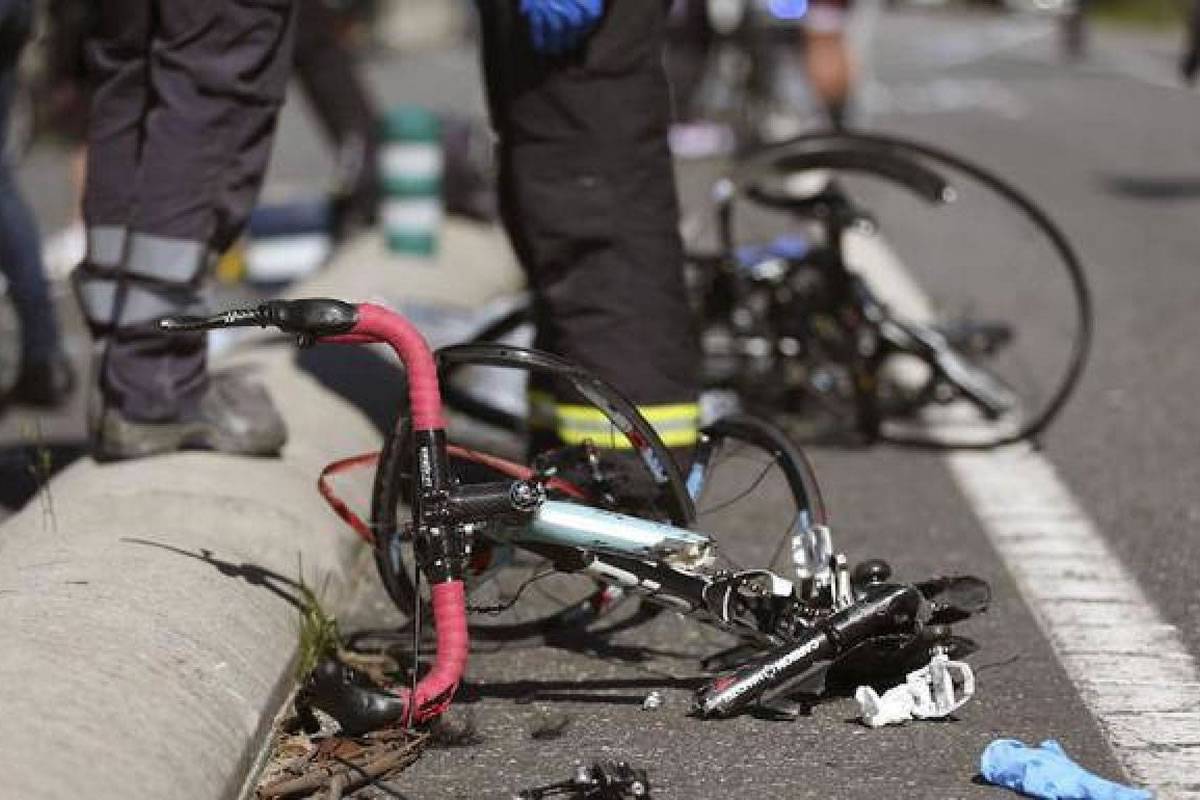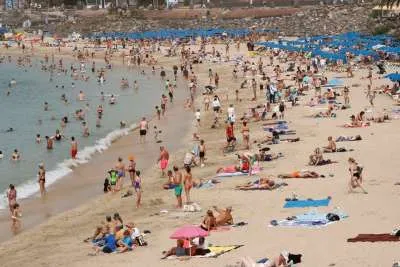New cycling law means tougher punishment for drivers who cause accidents
- 23-10-2022
- National
- Canarian Weekly
Spain's new cycling law, which was approved last month and has now come into force, is a reform of the Penal Code that ends impunity for drivers and road users who cause death or serious injury in any type of accident, giving more protection for victims.
Under the new law, all carelessness on the road that leads to serious injury or loss of life will be considered a crime, and will be prosecuted under criminal law.
The new regulation corrects the defencelessness in which cyclists and pedestrians have found themselves as victims of traffic accidents when, despite indications of serious negligence, cases are dismissed because the courts consider them to be a minor offence and, therefore, lacking in criminal liability.
However, from now on it will be compulsory for a report to be drawn up and sent to the judicial authority so that the judge can use it to assess whether crimes of injury or homicide have been committed. The aim is to prevent judges from subjectively assessing the non-existence of a crime and closing the case without a minimum investigation.
Likewise, as the text published in the BOE (the Official State Gazette) states, if the judge or court determines that there was recklessness causing a serious offence, for example, speeding or going through a stop sign, and, as a consequence, death or serious injury is caused, the recklessness "must be classified, at the very least, as less serious recklessness, but never as a minor offence".
Prison sentences are reserved for serious cases, with those of "one or two months" reduced to a fine for "less serious" cases causing injuries that require medical or surgical treatment, "that are not disabling, but are relevant".
In addition, in the case of less serious negligence, a driving ban, which was previously "optional", is now established as mandatory in all road safety offences.
The reform also establishes that "if the homicide was committed using a motor vehicle or moped, the penalty of a driving ban will be imposed for a period of three to eighteen months".
In those cases in which a death occurs, judges may now proceed to investigate the facts directly without any request from family or legal representatives as previously required.
The reform also includes changes to those drivers who cause accidents and flee the scene. Regardless of the injuries committed this now becomes an offence, with no room for interpretation. If the accident involves a death or deaths, the perpetrator will be charged with the crime of abandonment.
Other articles that may interest you...
Trending
Most Read Articles
Featured Videos
TributoFest: Michael Buble promo 14.02.2026
- 30-01-2026
TEAs 2025 Highlights
- 17-11-2025


























































